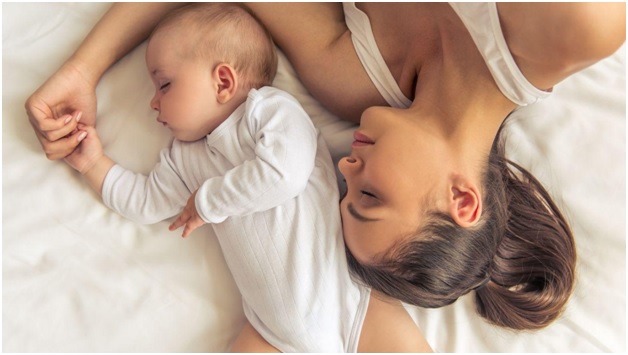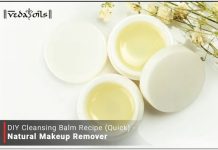Once a woman becomes a mother, every day is a new story. She dreams that her children will have the happiest future, and the best gift for a mother is cheerful, successful, and healthy children.


After the baby is born, it should be immediately placed on the mother’s belly. Skin-to-skin contact between mother and baby ensures:
- Proper microbiome formation is the best immunization for the newborn’s immunity;
- Preventing allergies and infectious diseases;
- Instilling in the baby a sense of security;
- Aiding in the formation of a bond between the mother and the baby.
Breastfeeding and psycho-emotional bonding
The infant’s first attachment to the breast is a powerful stimulus to quickly fine-tune lactation and keep it going for a long time. With these valuable drops of colostrum, the newborn receives immune protection for the body and is saturated with normal microflora. A deep emotional connection between mother and baby is established exactly in the first minutes of life.
Factors that positively influence breastfeeding:
- Mother and baby being together in the maternity hospital
- The right position of the baby at the breast and the right attachment
- Feeding on the baby’s demand
- Applying to the breast for a total of no more than 40 minutes per breastfeeding session during the lactation establishment stage.
- Night feedings
- Absence of milking and introduction of any foreign liquids and products
If a young mother has no breast milk, for one reason or another, you should choose the safest infant formula, which will supply the baby with the necessary vitamins, minerals, and nutrients for normal development and growth.
Taking care of a baby at home
You realize that the time spent with a newborn baby is priceless only after reaching a certain age. At that time, it seemed to the young mother that all this was too difficult and impractical, specifically the peculiarities of caring for a newborn baby after discharge from the hospital.
The skin of newborns is very soft and delicate, and as a result, it is extremely sensitive. It is easy to develop diaper rash and scratches.
As a rule, all mothers today use disposable diapers to care for their children. When using them, it is important to remember that a baby should not stay in one diaper for more than four hours. The diaper should be put on the newborn so that the umbilical cord is not covered. It is desirable that for a few hours a day, the baby just lays on the blanket without a diaper—the skin should breathe. It is also important to make sure that the skin under the diaper does not develop diaper rash. To prevent diaper rash, you must dress the baby for the weather—that is, do not overheat him—and you can use a special cream under the diaper.
A special place on the body of a newborn is the umbilical residue and the umbilical wound; this area requires careful care. As a rule, the umbilical stump (umbilical uterus) is treated once or twice a day. You can do this after bathing, when the water will melt all the crusts and the mucus will wash out. Moisten a cotton pad with boiled water and thoroughly clean the umbilical residue (umbilical morning) so that the area becomes clean, then dry it for a few minutes.
Eye care is done twice a day (morning and evening before bathing) and as necessary. Healthy eyes are washed with a cotton swab moistened with boiled water: two cotton swabs (separately for each eye) are dipped in water, squeezed, and swabbed from the outer corner of the eye to the bridge of the nose. If you need to repeat this manipulation, a new swab should be taken.
Your baby’s nose should be cared for regularly. Listen to your baby’s breathing; it should be free. If breathing is difficult, clean the baby’s nose. If your baby’s nose is breathing well, it does not need to be cleaned. Nasal care is carried out twice a day, in the morning and evening. Moistened with boiled water or a sodium chloride isotonic solution of moderate elasticity, cotton tacks without a solid base are introduced into the nasal cavity in a circular motion to a depth of 1–1.5 cm and so remove the residual mucus and crusts to restore free breathing through the nose. Separate tourniquets are used for each nasal passage. Wetting the cotton tourniquet prevents the development of allergic manifestations of the nasal mucosa, which can be caused by microvilli of absorbent cotton left in the nasal passages.
So, as it turns out, baby care is not as difficult as it seems at first glance. In any case, experience comes later. The more time you spend with your baby, the more intimacy there is and the stronger the emotional bond between mom and baby. After all, in his mother’s arms, the baby feels most protected and happy. That is, take your baby in your arms more often, cuddle and give maximum attention, feed your baby breast milk or organic baby formula, and you have a 100% chance of raising a healthy, successful, and happy kid.
















